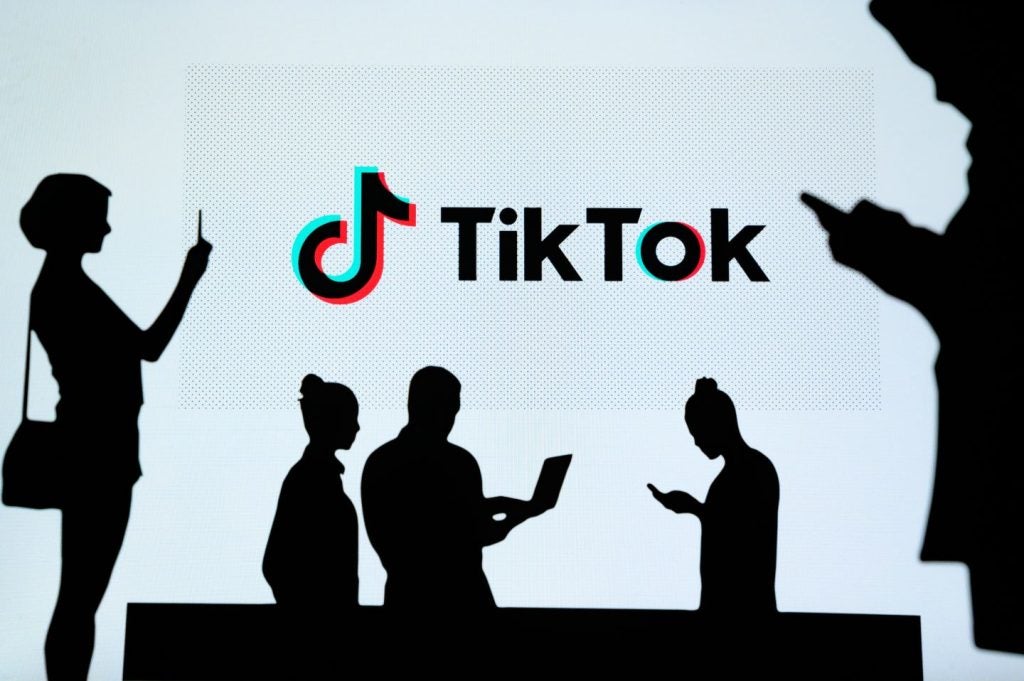
Google is abandoning its plan to replace third-party cookies with Federated Learning of Cohorts (FLoC), instead proposing ‘Topics API’, a new advertising system that—Google claims—will meet all privacy concerns.
However, due to its dominant position in the advertising market, critics fear that the search giant is only concerned with setting its own rules in the newly redesigned ad industry.
In search of a cookie replacement
Over the last few years, Google has been looking for an acceptable replacement to its advertising cookies amid intense scrutiny into privacy and competition. It is running out of time to replace third-party cookies in Chrome by the promised date of 2023.
Less than a year ago, it launched the ‘Privacy Sandbox’, which uses a range of different tools to track users across the web and target them with personalized ads. The product was meant to use FLoC to cluster together large groups of people with similar interests. It also involved analyzing users’ browsing habits on their own devices, rather than sending the data to Google’s servers. Google claimed that the project “effectively hides individuals ‘in the crowd’ and uses on-device processing to keep a person’s web history private on the browser”.
However, critics were quick to notice that such an approach would make it easier for advertisers to identify a user with browser fingerprinting, a tool used by sites to gain specific information about a user’s device and browser. They were also concerned that it could expose information about a user’s demographics—potentially resulting in discriminatory targeted ads. Critics pointed out the ‘black box’ nature of the project, which would leave Google with too much control over how online audiences are assembled and sold to advertisers.
Topics promises to address privacy concerns
The company has now admitted that the FLoC project might not do enough to protect the identity of an individual online. It is launching Topics to address these concerns, by allocating people with simpler categories based on areas of interest, such as ‘fitness’ or ‘travel & transportation’. The topics are defined based on the last three weeks of browsing activity. Google claims that these categories are easier to understand and would reduce the risk of people being individually identified.
How well do you really know your competitors?
Access the most comprehensive Company Profiles on the market, powered by GlobalData. Save hours of research. Gain competitive edge.

Thank you!
Your download email will arrive shortly
Not ready to buy yet? Download a free sample
We are confident about the unique quality of our Company Profiles. However, we want you to make the most beneficial decision for your business, so we offer a free sample that you can download by submitting the below form
By GlobalDataHowever, critics point out that Topics does not address the core issues with Google’s previous proposal. According to Peter Snyder, director of privacy at Brave, a privacy-minded search engine, “At root is Google’s insistence on sharing information about people’s interests and behaviors with advertisers, trackers, and others on the web that are hostile to privacy”.
Google has a lot at stake
The online advertising industry is set to face its biggest change since the advent of targeted ads, with advertisers increasingly seeking a return to first-party data, based on direct interaction with the consumer, and a reduction in their dependence on third-party data. Against this background, Google’s project will redesign the ad-funded business model for the whole industry.
Google is the world’s top advertiser and Chrome is the most-used web browser, so it is unsurprising that its latest plan has prompted so much scrutiny. Just this week, a coalition of German publishers complained to the European Commission that Google’s strategy to phase out cookies was an abuse of its market dominance.









Related Company Profiles
Google LLC